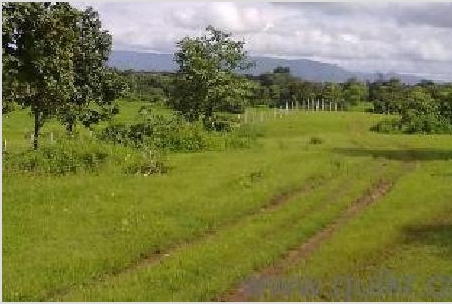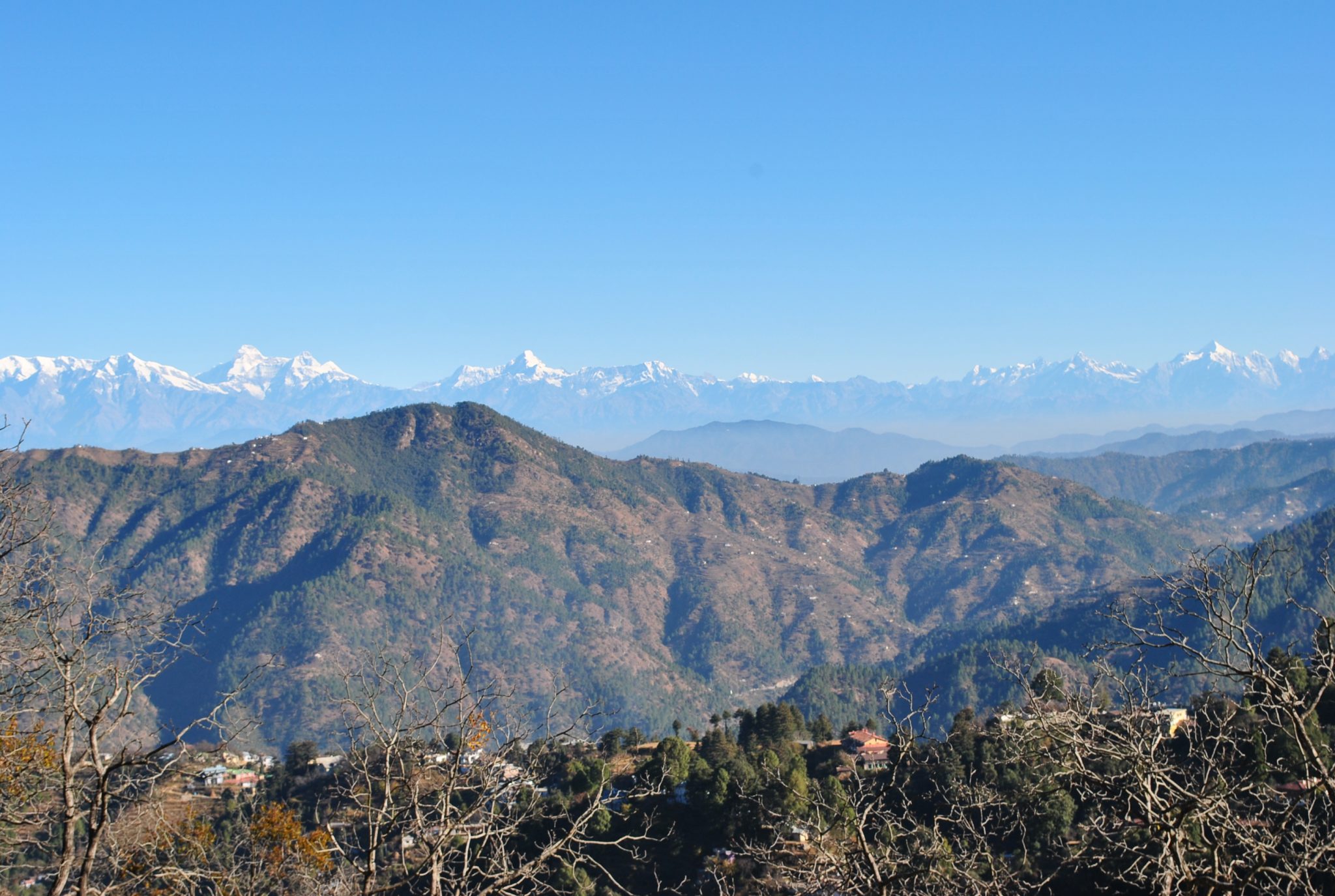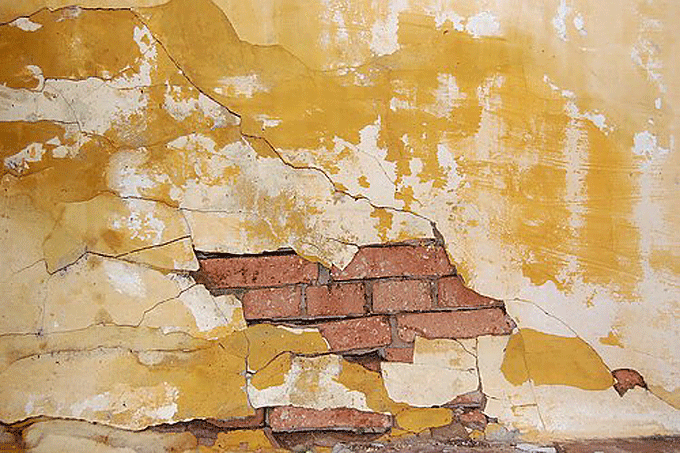
Once you have zeroed in on a property and the final price has been set, it’s time to sit down and calculate the additional costs that come with buying a house. Many buyers find themselves in a tight financial spot because they have already used all the money and exhausted all sources to gather money from for the actual price of the property without giving any thought to the additional costs.
Even if you are taking a mortgage there are costs which are not included and thus will not be paid by the bank or the financial institution from where you are availing the loan. There are last-minute costs, such as taxes, legal fees, appraisal fees, moving expenses, and home insurance to pay before you are finally the rightful owner of your new home.
Since you have decided to buy a property here are some of the additional (last-minute) costs you need to prepare for:
Property Transfer Tax: Almost all nations impose a property transfer tax, which must be paid before any home can be legally transferred to a new owner. For further information, a buyer needs to contact the property transfer tax office or revenue department where the property is located.
Harmonized Sales Tax (HST): Ideally if you are purchasing a newly constructed home, you may be subject to HST on the purchase price. In several countries, it is also called the registration fee. There may be some rebates available depending on the value of the home. Plus in some nations you get rebates on this tax based on gender ownership.
Property Tax: If the current owners have already paid the full year’s property taxes to the municipality, you will have to reimburse them for your share of the year’s taxes.
Appraisal Fee: When the lending institution or bank requires an appraisal of the home before approving your loan, it may be your responsibility to pay the appraiser’s fee.
Survey Fee: The bank may also require that a survey certificate be presented to them for the disbursal of your loan cheque. The purpose of the survey is to formally establish the boundaries of the property and to ensure that the building is within those boundaries. In many countries the bank may ask for either a building location survey, which establishes where a building is located on a property, or a monumental survey, which establishes the actual boundaries of a property. If the current owner cannot provide a recent survey certificate, it will be your responsibility to pay the surveyor’s fee. Ideally you can negotiate with the seller to provide you with these certificates.
Mortgage Application Fee: Banks and lending institutions charge a mortgage application fee. It is also called the processing fee. This application fee may vary from bank to bank.
Mortgage Default Insurance: The buyer needs to pay the premium of this insurance if the mortgage loans excess 75% of the property value. Its purpose is to ensure that the bank will not lose any money if you cannot make your mortgage payments and the value of your home is not sufficient to repay your mortgage debt. The insurance premium is paid to the lender and, in most cases, is added to the loan amount and paid for over the term of the loan.
Life and Disability Mortgage Insurance: This is an optional cost you decide either ways. If you decide to purchase insurance, it will ensure that your outstanding mortgage balance is paid if you die or become disabled.
Fire and Liability Insurance: The bank or financial institution from where you will take the loan to buy the house will insist that you purchase an insurance policy which guarantees that, in the event of fire, the lender (which is the bank) will receive the balance owing on the mortgage loan before you receive any insurance proceeds.
Legal Fees: The transfer of the ownership of the property from the seller to the buyer must be recorded in the respective land record or other concerned department in order to protect your interests. For these to be done you will need to employ the services of a lawyer or a notary public to act on your behalf during the completion of your purchase. The lawyer or notary public will charge a fee for this service, plus disbursements, including the Land Title Registration fee. If you are financing your purchase with a new mortgage loan, there will be a further fee and disbursements to prepare and register the mortgage documents.
Home Inspection Fee: The cost of a home inspection varies from inspectors, region and size of the house. A common home inspection costs between $200 to $250. But because home inspection is a very important part of the home-buying process, as a buyer you should not compromise on it.
Redecoration and Renovation: Apart from the above, you should also not forget to keep some money aside for redecorating or renovations.
To get more information & assistance, please submit the form below and our specialist will get in touch with you at the earliest.









